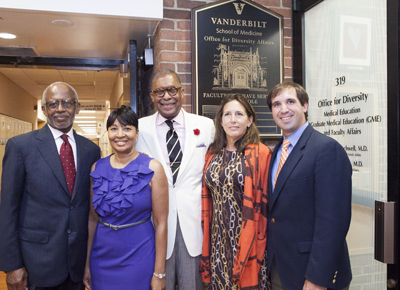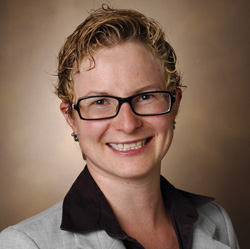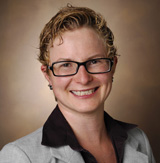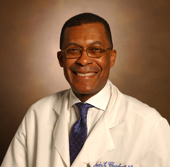It has been nearly 50 years since the first black student entered Vanderbilt University School of Medicine (VUSM), and Vanderbilt has come a long way since then.
On Sept. 25 the Office of Diversity Affairs commemorated the diversity of its student body, faculty and staff with a plaque and reception to honor past administrators of the office.

“It is easy for me to look back and reflect on how far we have come,” said Andre Churchwell, M.D., senior associate dean for Diversity Affairs at VUSM. “But what I did not want to happen was for people to forget how we got here.
“There are a number of people who blazed a trail for those of us who are standing here today. I am standing on the shoulders of people whose work allowed us to make a difference. I have often found that if you don’t put into place a permanent or physical marker to recognize the past, it can easily be forgotten.
“We cannot forget the pioneers. There will be many students, administrators and faculty who will come after us and continue this great legacy,” Churchwell said.
The Office of Diversity Affairs was created in 2002. Past administrators recognized during the unveiling included the Rev. Kenneth Robinson, M.D., George Hill, Ph.D., and family members of the late Michael Rodriguez, M.D.
Each year since 2002, the number of applications and admission to VUSM from students underrepresented in medicine (URM) has increased.
In 2002 there were five students. Ten years later the number increased to 28. This year, there were 14 URM graduates, and in 2015 23 URM students graduate.
“We feel that the School of Medicine, in developing a supportive climate, environment and unique programs, can offer students from diverse backgrounds a great educational experience,” Churchwell said.
“We ask our graduates if the diversity of their class improved their knowledge. The overwhelming answer is a positive one. We are exceeding the national norms.
“By enriching our community of students, faculty and staff, we are enhancing our learning environment,” Churchwell said.















